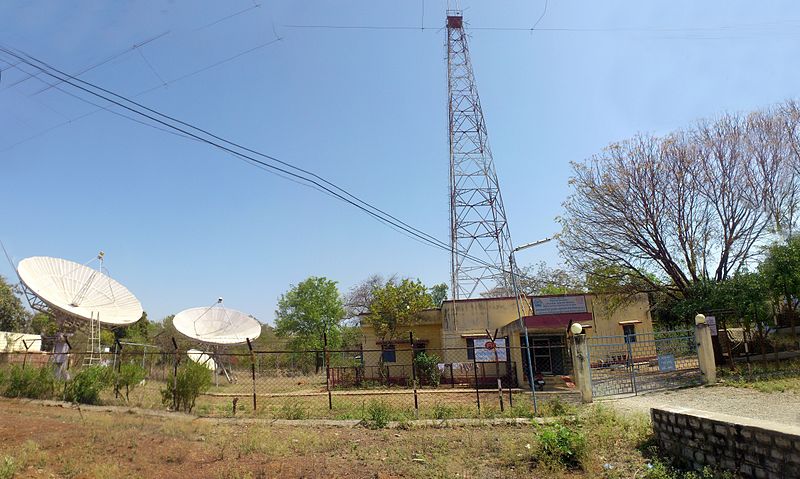Prasar Bharati objected to the directives from the ministry of information and broadcasting. The directives were about restructuring the broadcaster. This also included hiring new people for editorial jobs and also appointing an IAS officer on the board.
The Prasar Bharati Act mentions that the post of ‘member personnel’ is fulltime and can’t be filled in by a ministry official. But the government asked for them to make an exception. The restructuring will also include letting people go. The sacking of people might even lead to Doordarshan and All India Radio will not be able to function. The ministry had proposed that the organisation hire two senior journalists, Siddharth Zarabi and Abhijit Majumdar. But the organisation didn’t want to take them on at an expensive cost. The highest that the corporation pays its contractual employees is 1.6 lakhs per month but the compensation for these two journalists was pitched above 75 lakhs per annum. The ministry of I and B’s proposal was said to be in contravention of the Prasar Bharati’s Act, 1990.
Prasar Bharati is an autonomous organisation. The board also refused to stop the e-auction of channels on DD free dish. It was said that doing that might negatively affect the organisation’s finances. If the directive is followed the corporation might lose up to 300 crore rupees. The corporation also said that it was being ‘pressured’ into accepting the changes. The Ministry also insisted that the General Entertainment channels be replaced by channels under the union ministries. A move like this would definitely impact the channels’ viewership. This appears to be a strong move on the part of the government to control media and invariably its content but at the cost of the media houses. In this regard, Prasar Bharati is standing up to defend itself. It undermines Prasar Bharati’s position in comparison to private media corporations.

